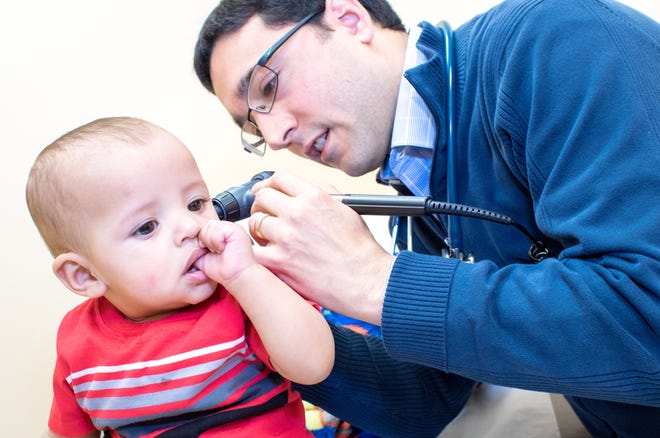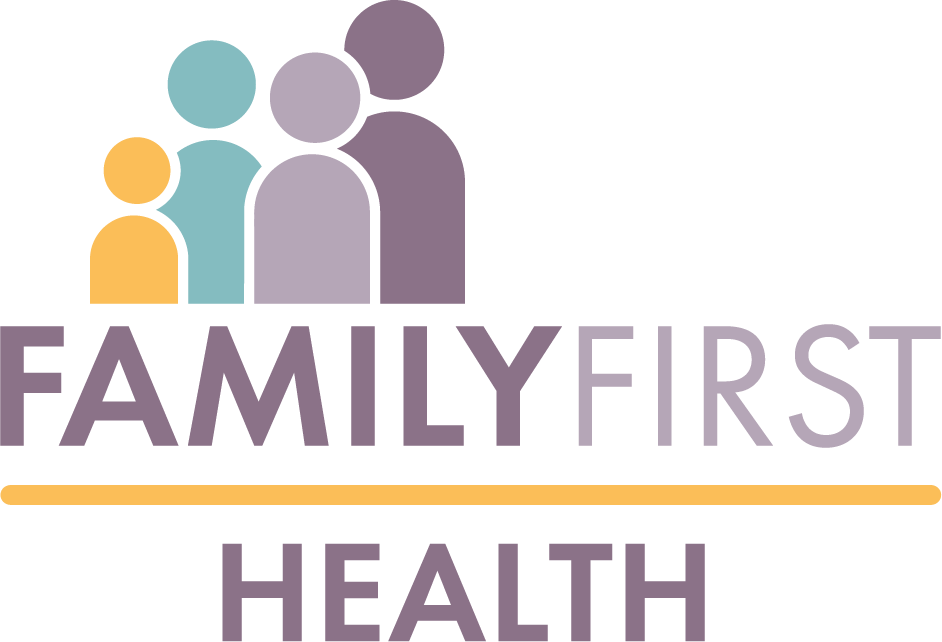Dr. Luis Garcia
The number of global COVID-19 cases has surpassed 10 million infections, with the U.S. accounting for over 2 million of them, according to Johns Hopkins University. Across the country, the infamous invisible enemy poses a threat to all, but presents an even greater danger to our most vulnerable populations; namely, essential workers, those with underlying health issues and minority communities.
As a Primary Care Provider at Family First Health, a federally qualified healthcare center based in central Pennsylvania, I have seen a disproportionate number of coronavirus cases in Latino patients. Since launching our own testing site in May, the data we’ve gathered proves if a patient is Latino, he or she is about five times more likely to test positive for COVID-19.
This is particularly evident in York and Lancaster, Pennsylvania. Both central Pennsylvania counties have high Latino populations that were particularly hard hit by COVID-19. U.S. Census data from 2019 details 8% of York’s population as Latino, with the same groups accounting for 11% of Lancaster. Within the City of York where the health center that I practice at is located,

Latinos represent 33.3% of the city’s population and account for 71.6% of the confirmed COVID-19 cases.
Often, this population, including many of my own patients, work essential jobs at grocery stores, restaurants, factories, farms, in construction, sanitation, the medical field and beyond. They are essential workers who don’t have the luxury of working from home and can’t afford to leave or lose their jobs in an effort to mitigate their risk of getting sick. We are at a point when those who are keeping our country going are at the highest risk, and we’re not supporting them with necessary resources and pay.
For me, it has been no surprise to witness the higher rates of COVID in the Latino population. In particular, the Latino population is burdened with nearly a 25% poverty rate, which is compounded by little or no insurance, language barriers, poor housing and more. These chronic stressors, or social determinants of health, are some of the leading factors in a person’s ability to remain healthy. Latinos also have a significantly higher chance of suffering with chronic disease such as diabetes, hypertension and obesity, all of which are thought to make a person more susceptible to COVID and its serious complications.
By industry, more than a quarter (27.3%) of Latinos employed in the U.S. work in construction, according to the U.S. Bureau of Labor Statistics. Another 23.1% work in agriculture, forestry, fishing and hunting; 22.3% work in leisure and hospitality. All of these industries have been among the most at-risk for COVID.
In my own community, I’ve seen firsthand where several COVID cases stemmed from one high-contact facility that required people to work closely together and not abide by social distancing. While it’s laudable that our country has recognized the challenges and risks of people working in these conditions, my concern is that once the proverbial dust of COVID settles, these people will return to be the forgotten working-poor of our nation. This can be said of many of our nation’s essential workforce, which is largely made up of minorities who, though our economy was “shut down,†served as the backbone of keeping our nation afloat over the past few months.Get the Fixing York newsletter in your inbox.
As re-openings continue and, in some places, cease across the country, many employers have taken additional sanitary precautions to safeguard staff and public health. This has given some essential workers a newfound sliver of confidence in performing their jobs. But this wasn’t the case early on in the pandemic, and many of those working in essential duties who already suffer from higher health burdens have borne the brunt of COVID cases. In a local facility outbreak, as my patients have shared, it wasn’t until three weeks after the national alarm was declared in mid-March that there were safety measures placed to protect the employees. By then it was too late.
Dozens of employees were diagnosed, and one eventually died. Likewise, across the country in these types of high-contact facilities, these essential workers were denied the essential protections they needed and were treated as dispensable. As employees were beginning to become sick in one of our local outbreaks, the facility began filling those positions with temporary workers. One of those workers was my patient, who ended up getting COVID-19 and now remains unemployed.
Further, my Spanish-speaking patients are being forgotten by the tech community. The pandemic has forced medicine into telehealth, which has been a great asset to providing care at a safe distance. Yet many of my patients struggle with even the simplest telehealth platform. As an example, a patient receives a text to click on a link and sign in to his or her visit. While this might seem like an easy task for most of us, this is a hard-stop barrier for those who can’t read English or lack technological literacy.
While most persons have smartphones with cameras, few of my patients have Wi-Fi, making any video telehealth visits prone to a poor connection. In fact, only 46% of U.S. Hispanic adults access the Internet through a home broadband connection, according to the Pew Research Center, compared to 76% of whites. The technological divide toward minorities is further seen by the lack of easily being able to use language interpretation services during telehealth visits, thus limiting their access to care.
In many ways, the pandemic has been an awakening, highlighting systems of injustice that have plagued our nation for centuries. Yet, as David Shipler wrote in the national bestseller “The Working Poor,†these people who are essential to our nation and economy remain largely invisible. Prior to March of 2020, how many of us could honestly say that we considered the working conditions of those who processed the raw ingredients for a delicious meal at our favorite restaurant? What of the person who cleaned the dishes at said restaurant, or the one who harvested the lettuce that went with our meal? Despite the fact that most of my patients work in these hidden areas of our society, I count myself among the ones who did not remember them as often as I should.
The lesson here is that the working poor, these people who serve as the backbone of our economy, might be receiving a sliver of limelight in the wake of the pandemic, but when this is all over, my inclination is they will return to being invisible and forgotten.
As our country reopens, let’s not forget them. On a national level we must rally for living wages that can allow them to afford healthier lifestyles and better living conditions. We should fight for a healthcare system that has equitable access to Latinos and all poor and marginalized.
While it may seem out of our control to impact these injustices that they face, there are things we can do on the individual level to impact change. Let’s respect and honor the dignity of the working poor as humans and the integrity of their work. We can change our own behaviors and attitudes toward those who work in these areas of our society. We can look at others not as the position they work in, but as a person.
This could be as simple as being kind to the customer service agent after we’ve been on hold for a half hour or greeting the custodian in our work building by their name with a friendly “hello.†It could be leaving a tip for housekeeping the next time we stay in a hotel or supporting restaurants that provide a fair wage to their kitchen staff. When we see others as fellow humans – people – we can respect them enough to also want to protect them from the virus.
By wearing a mask and honoring physical distancing, we are protecting others from the virus. Thus, we are performing an act of charity, especially to those essential workers who have been risking themselves for months just so they can continue to support their families. My hope is that by doing this now, by being kind and charitable to the essential working poor, we won’t forget them later.
Dr. Luis Garcia joined Family First Health in 2014. He is a member of the American Academy of Family Physicians, the Pennsylvania Academy of Family Physicians, and FACTS, an organization to promote and educate medical professionals about fertility awareness-based methods. Learn more at FamilyFirstHealth.org.
Find the full article: https://www.ydr.com/story/opinion/2020/08/05/latinos-suffered-most-did-essential-jobs-during-pandemic-dont-forget-them/3298263001/
